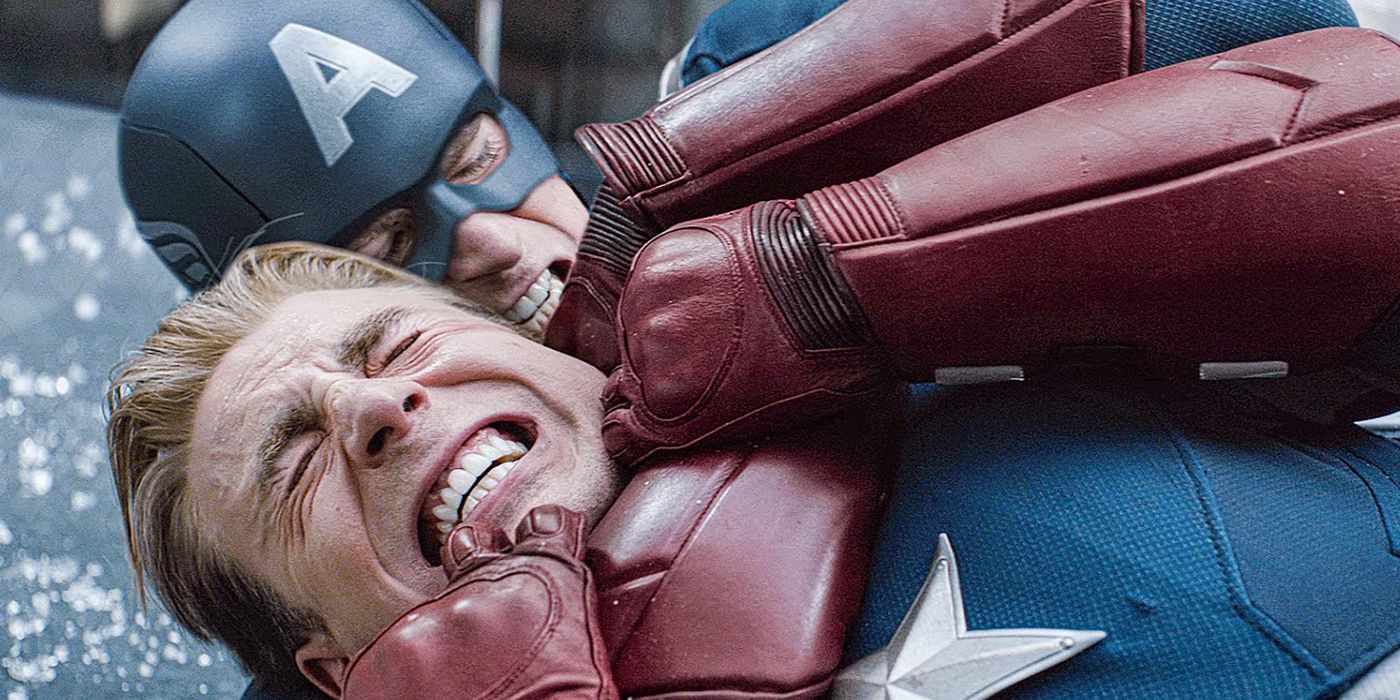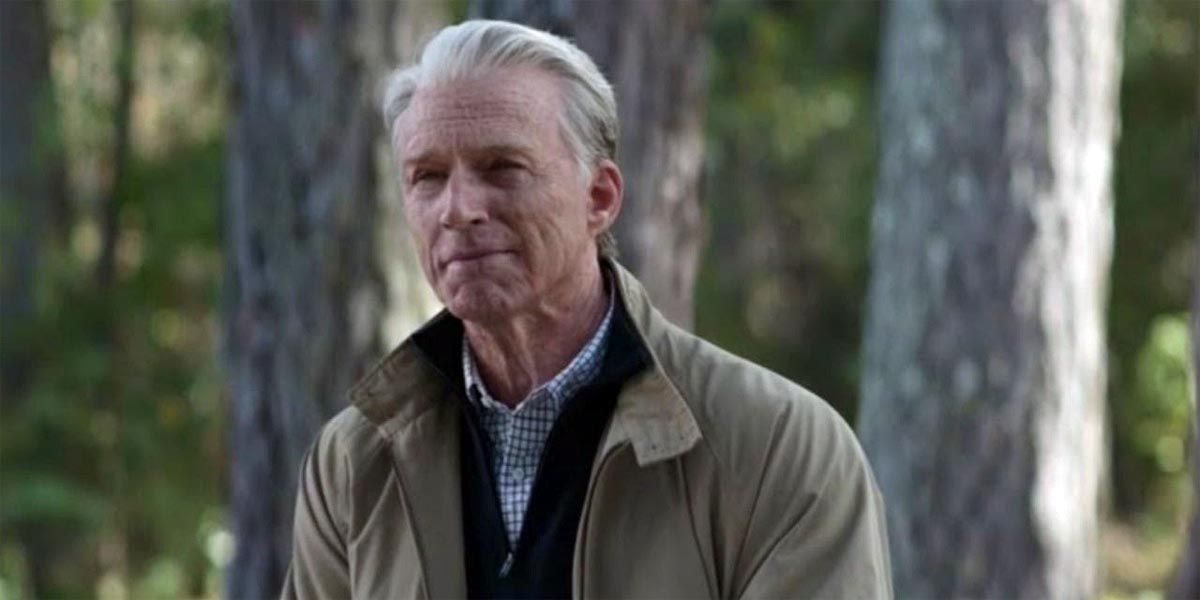The climax of Avengers: Endgame sees Steve Rogers using Pym Particles to return the Infinity Stones to their rightful places in the timeline. However Rogers later returns as an old man, revealing he went to the 1940s and secretly lived out his life with Peggy Carter. It's a sweet and emotional moment that closes off Steve Rogers' character arc in a romantic way.
During Comic-Con International in San Diego 2019, co-writer Christopher Markus, said, "Stephen [McFeely] and I are just so taken with the idea that Steve went back and somehow, therefore, has always been back, and he got to live his life... We sent him back so that he could become a whole person, and finally come home from the war. We didn't want him to go back and just keep adventuring, we wanted him to rest. And the only way we could come to that solution is if there are two Caps. Which I'm okay with." Markus' statement indicates Steve did not change the timeline. However, that's impossible.
RELATED: Hulk Writer Hopes Endgame's Smart Hulk Leads to Future Imperfect Movie
Time Travel Rules
The rules of time travel in the Marvel Cinematic Universe are laid out in Endgame multiple times. Going back in time and changing the past does not alter your past or your future. Instead, it creates a branching timeline that continues on its own, now separate from the previous timeline. In Captain America: Winter Soldier, Peggy Carter revealed she was happily married and had children. Markus and McFeely have previously stated they'd always intended for her husband to be Steve Rogers. This means the version of Rogers from the future had already gone back in time and lived there for decades.
By merely existing in the timeline, Rogers changed it. Even having a family would alter the timeline, as the children of Steve Rogers would likely, after being raised by Rogers and Carter, would go on to do something that might have even a minor effect on the timeline. Being in the timeline and having a family means Captain America changed the fate of certain people, and thus affected reality. Just existing in the past changes it.
If Steve Rogers has been in the main timeline the entire time, then the entire MCU we've seen so far is one in which Rogers already altered it by remaining in the past. Going by Markus and McFeely explanation, we've apparently never been watching the original MCU but the branching one created by Rogers' decision to stay in the past. But there's still a major problem with that justification.
#NotMyCap
It doesn't just break the rules of the own universe, but suggests a major change to Rogers as a character. Captain America has been firmly established within the MCU as one of the noblest men in the world. When he's been asked to abandon his morality, he fights back even harder than before. He may not want to be a soldier, but he can't stop himself from doing the right thing. It's one of his most defining characteristics. So it's difficult to imagine Steve Rogers traveling into the past and standing by as the injustices of the last half-century played out before his very eyes.
Steve knows about HYDRA and Thanos and a ton of different horrific real-world crimes, including multiple genocides and ethnic cleansings. He'd have to hide the fates of all of his friends, and he could never tell Peggy Carter about HYDRA agents infiltrating SHIELD. Since they're still there in Winter Soldier, that seems like definitive proof that Steve didn't tell anyone. He'd also have to look the other way while his best friend Bucky Barnes was used as an assassin.
Considering that he went unnoticed for decades, this would mean Steve Rogers basically went into hiding while Peggy served as one of the founders of SHIELD. He did nothing to stand up for his fellow man, the sort of thing he's naturally done since even before receiving the super-soldier serum. He's essentially in self-imposed exile within suburbia, unable and unwilling to do anything. He ignores his own beliefs from when he was younger about standing up to bullies. Steve going back in time to live a life that he can't actually live because anything he does has potential ramifications on the future doesn't seem like him actually living a life.
It's a sweet gesture and a kind resolution to Steve's story. On the surface, it's the ultimate happy ending for the character, allowing him to retire. But it also betrays Steve as a character. Having Steve just living his life in a branching world where he worked to make everything right would have been an even sweeter conclusion to his arc, while also not breaking the time travel rules the movie established. It would have been more poetic instead of insisting on a bizarre violation of the laws of time travel the film established.



